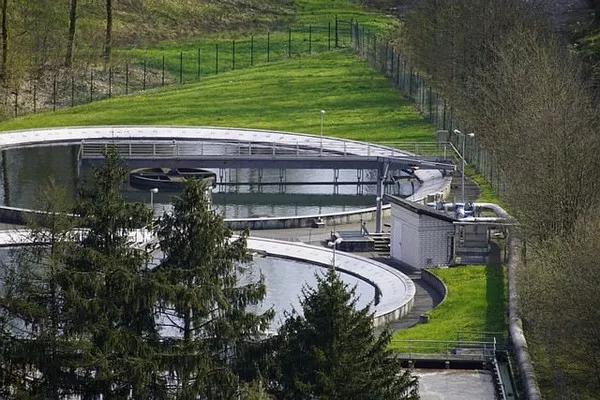Wastewater treatment is a critical process that plays a pivotal role in protecting both public health and the environment. As urbanization and industrialization continue to accelerate, the volume of wastewater generated has surged, underscoring the importance of robust treatment systems. This article explores the reasons why wastewater treatment is not just a necessity but a fundamental responsibility in contemporary society.
Protecting Public Health
One of the primary reasons for wastewater treatment lies in safeguarding public health. Untreated wastewater contains a myriad of contaminants, including pathogens, chemicals, and toxins, which pose significant health risks to communities. Pathogens such as bacteria, viruses, and parasites present in untreated wastewater can lead to the spread of waterborne diseases like cholera, dysentery, and typhoid fever.
Moreover, industrial discharges often introduce hazardous substances into wastewater, posing additional health hazards. Chemical pollutants, heavy metals, and pharmaceutical residues, if not adequately treated, can find their way into water sources used for drinking and irrigation, endangering human health through bioaccumulation and long-term exposure.
By implementing effective wastewater treatment processes, we can remove or neutralize these harmful contaminants, ensuring that the water released back into the environment is safe for consumption and does not pose a threat to public health.
Preserving Ecosystems and Biodiversity
Wastewater, if left untreated, can wreak havoc on ecosystems and jeopardize biodiversity. When discharged into natural water bodies, untreated wastewater introduces excess nutrients like nitrogen and phosphorus, leading to nutrient pollution. This influx of nutrients can cause harmful algal blooms, deplete oxygen levels in water, and result in the formation of “dead zones” where aquatic life cannot survive.
Aquatic organisms are particularly sensitive to changes in water quality, and exposure to untreated wastewater can lead to the decline or extinction of various species. Additionally, the accumulation of toxins and chemicals in sediments can have long-lasting effects on aquatic ecosystems, disrupting the delicate balance of ecosystems and harming biodiversity.
Wastewater treatment mitigates these ecological risks by removing or reducing the concentration of pollutants, ensuring that discharged water is compatible with natural ecosystems. This not only safeguards aquatic life but also helps maintain the balance of ecosystems and protects the overall biodiversity of the region.
Ensuring Sustainable Water Resources
As global water scarcity becomes an increasingly pressing issue, the efficient and responsible use of water resources is paramount. Wastewater treatment plays a crucial role in the sustainable management of water resources by allowing treated water to be safely reused for various purposes, including irrigation, industrial processes, and even direct potable reuse in some advanced systems.
Reclaimed water from wastewater treatment plants can supplement dwindling freshwater supplies, easing the strain on natural water sources. This approach contributes to water conservation and promotes a more sustainable and resilient water management strategy, especially in regions facing water stress and scarcity.
Compliance with Environmental Regulations
Governments worldwide have established stringent environmental regulations to control and manage wastewater discharges. Wastewater treatment is essential for industries and municipalities to comply with these regulations, ensuring that they operate within legal and environmental frameworks.
Non-compliance with wastewater discharge standards can result in severe penalties, legal consequences, and damage to a company’s reputation. Effective wastewater treatment allows entities to meet regulatory requirements, demonstrating their commitment to environmental responsibility and sustainable practices.
Preventing Groundwater Contamination
Improper disposal of untreated wastewater can lead to the contamination of groundwater, a vital source of drinking water for many communities. When wastewater infiltrates the ground, it can introduce contaminants such as nitrates, pathogens, and industrial chemicals into aquifers, compromising the quality of groundwater.
Wastewater treatment serves as a crucial barrier against groundwater contamination by removing or reducing the levels of pollutants before discharge. This preventive measure is essential for protecting underground water sources and ensuring the availability of safe drinking water for present and future generations.
See Also Why Sludge Treatment Is Necessary
Conclusion
In conclusion, the importance of wastewater treatment cannot be overstated in our quest for sustainable development. Beyond being a regulatory requirement, wastewater treatment is a fundamental responsibility that directly impacts public health, ecosystems, water resources, and compliance with environmental standards. As we face the challenges of a growing population and increased industrial activity, investing in robust wastewater treatment infrastructure is not just necessary—it is imperative for the well-being of our communities and the longevity of our planet.

